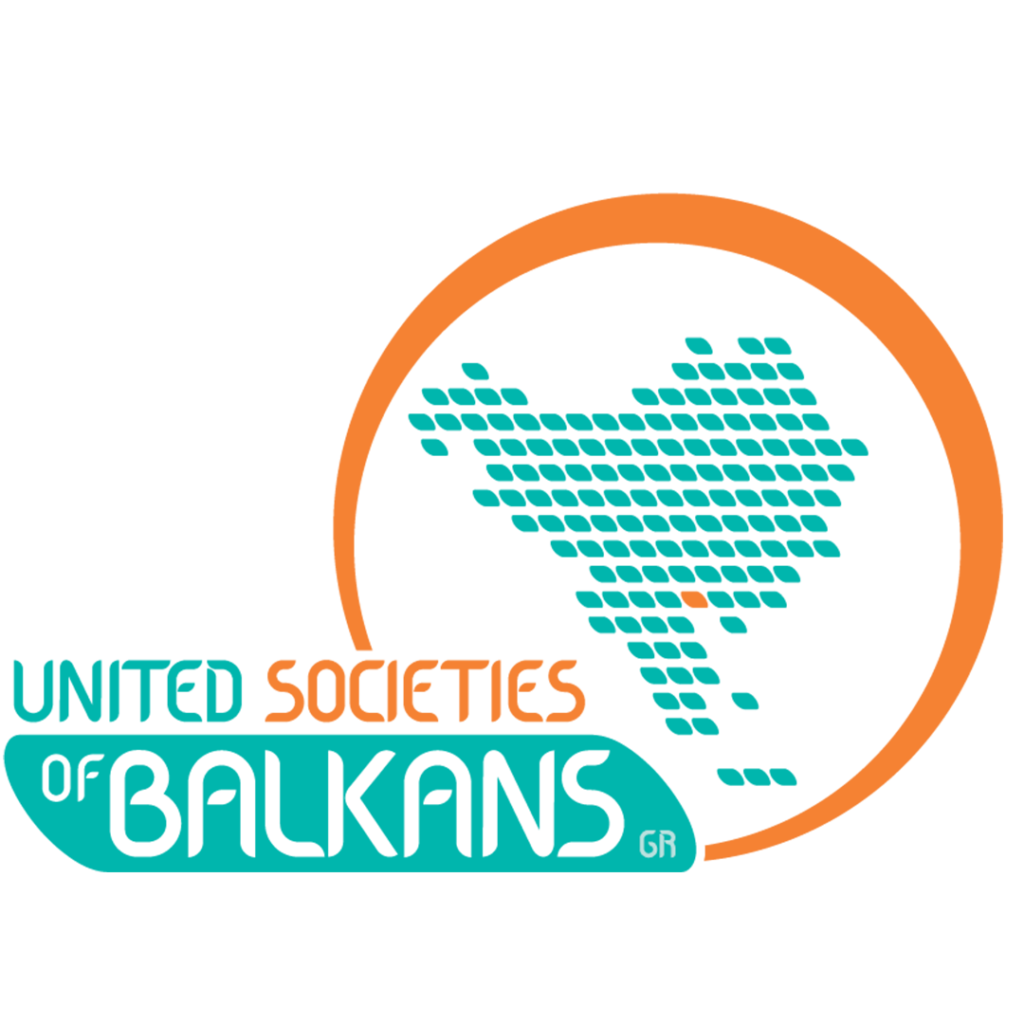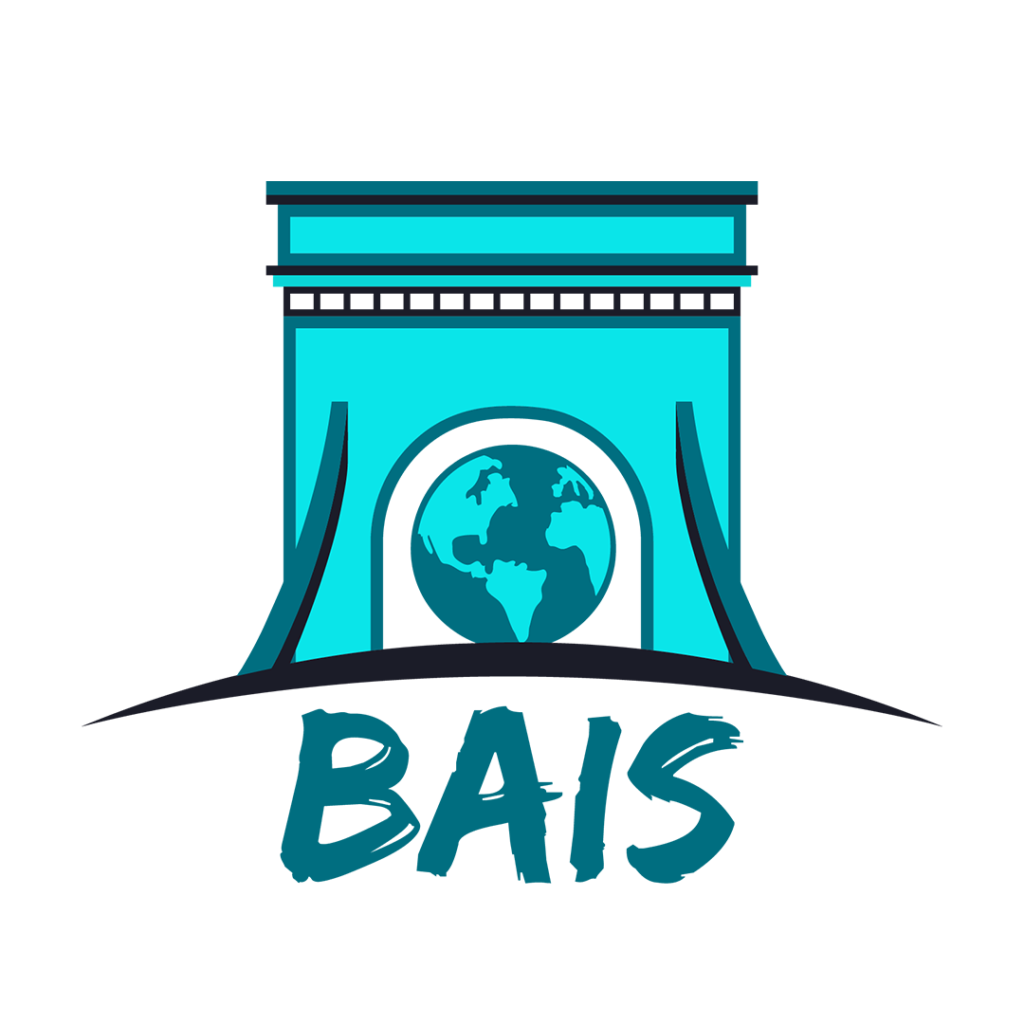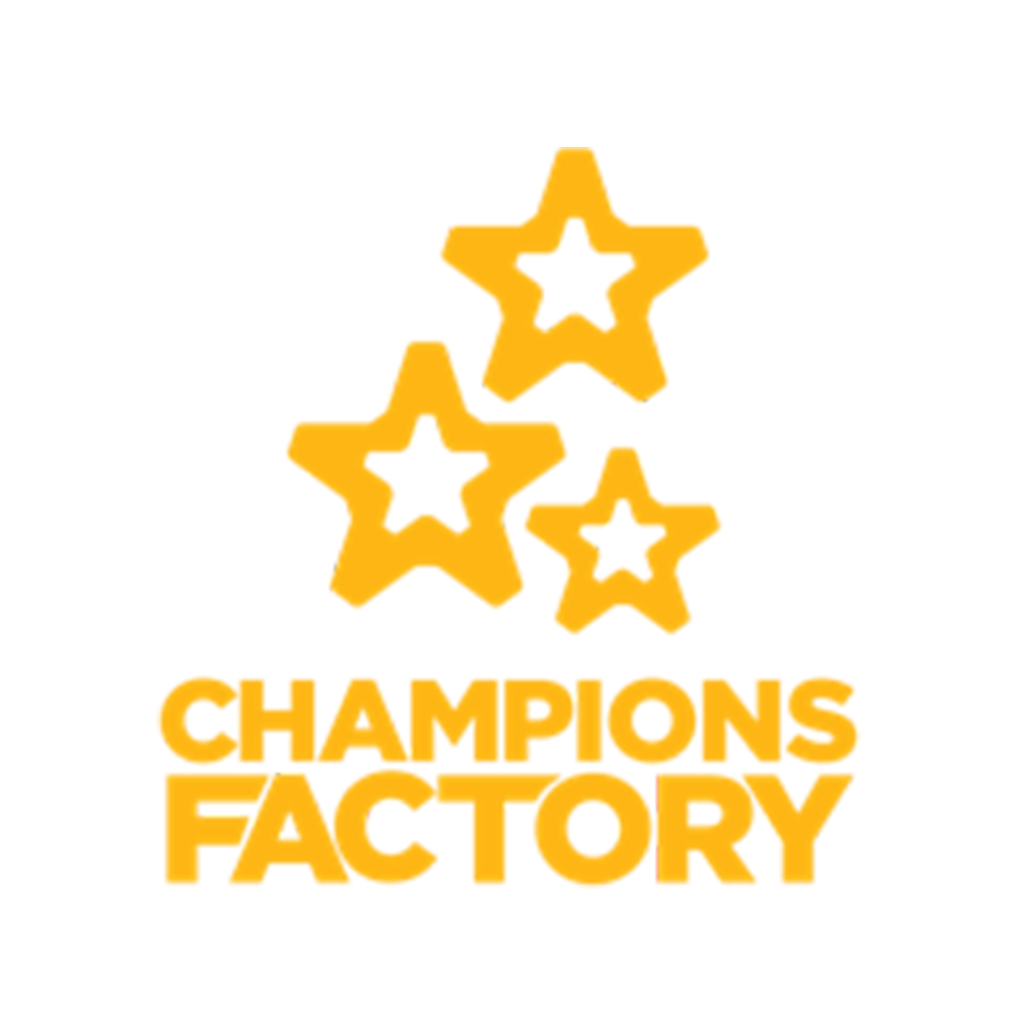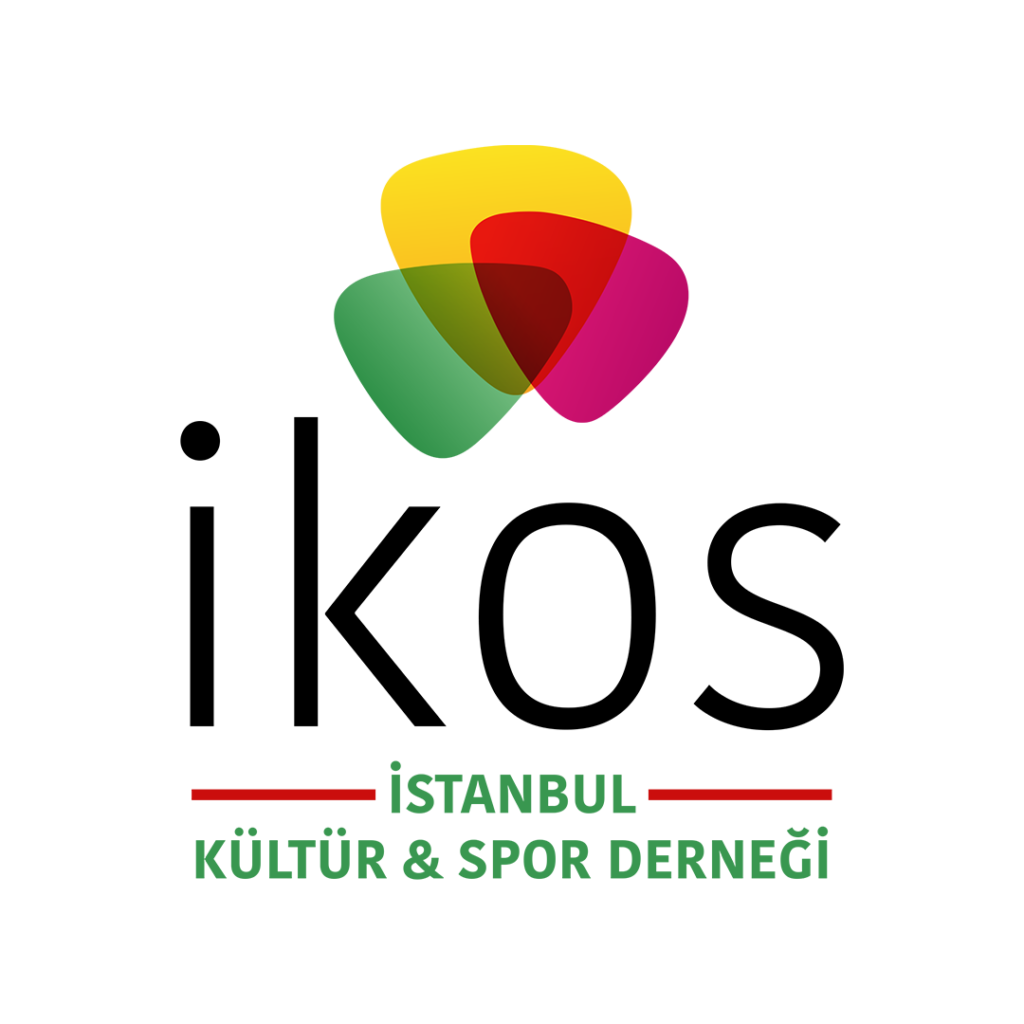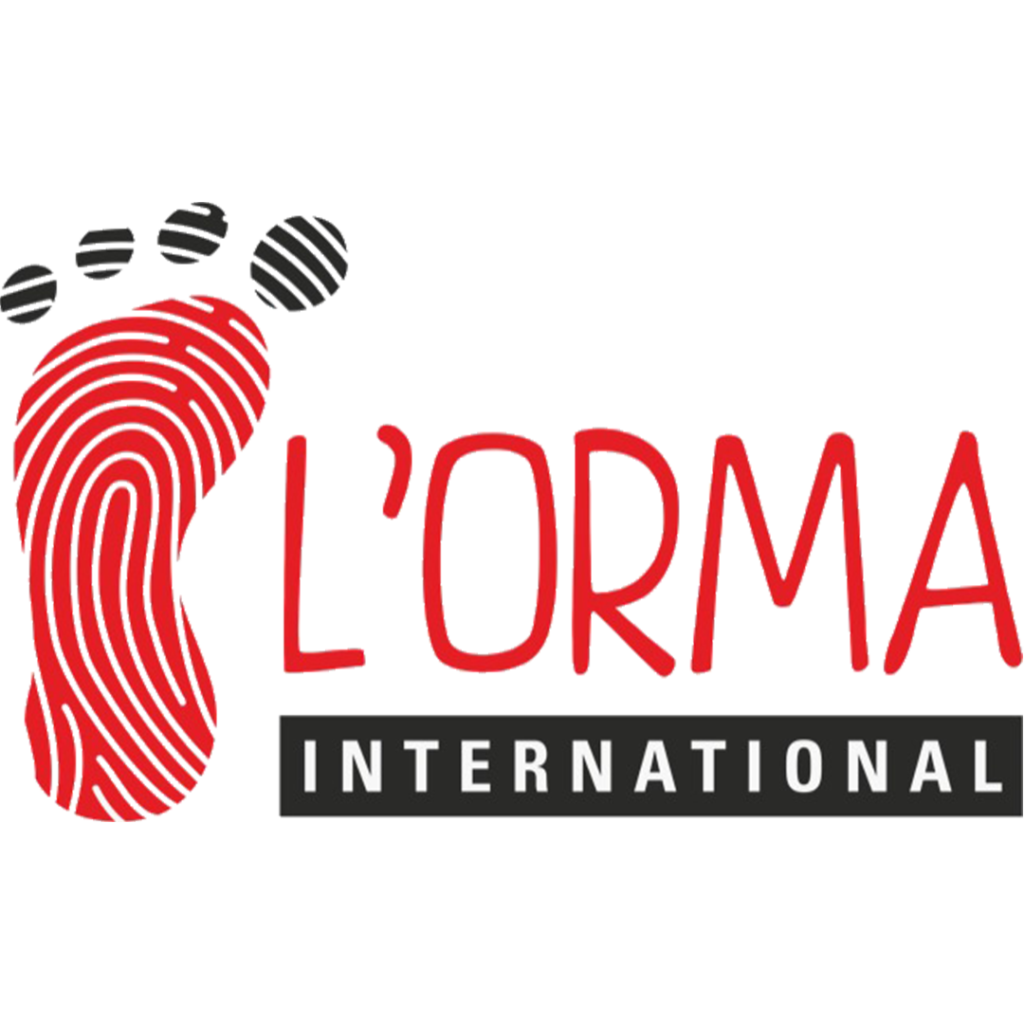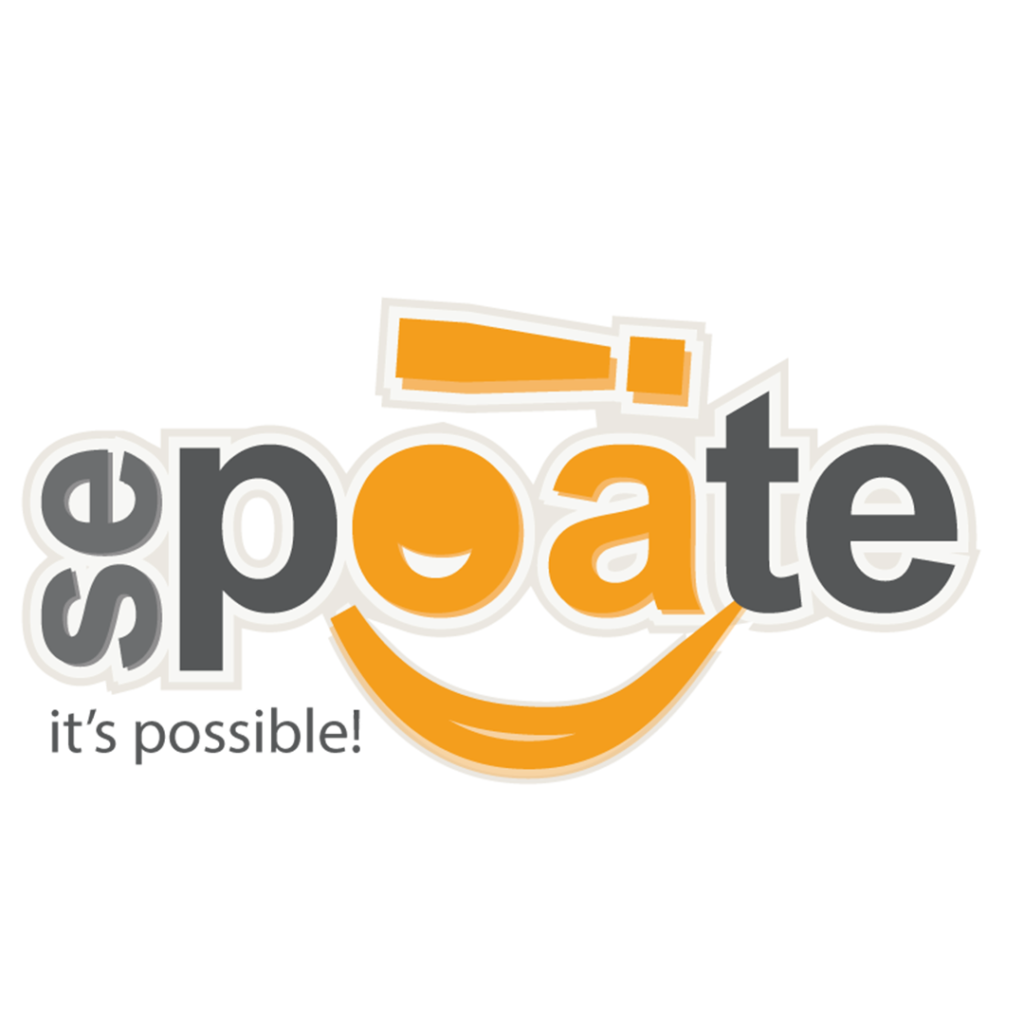integration 101
INTEGRATION 101: inclusion of refugees through sports
“Integration 101: inclusion of refugees through sports” is an Erasmus+ Cooperation partnerships Sport Project between USB (GR), Se Poate (RO), Champions Factory (IE), IKOS (TR), BAIS (HU) and L’Orma (IT).
The project will be running for 24 months and it aims to create innovative tools focused on the use of grassroots sports and the promotion of education through sports (Handbook, Manual and MOOC), used by practitioners working actively in the field and other interested parties working with young TCNs. In addition, to create the conditions of equal opportunities, upscaling and upgrading youth work and work with migrants and guaranteeing equal access to sports for all.
Aims of the project:
To create innovative tools focused on the use of grassroots sports and the promotion of education through sports (Handbook, Manual and MOOC), used by practitioners working actively in the field and other interested parties working with young TCNs. These tools will create a new perspective in the integration process and the skills based education through sports and assist to the empowerment of the TCNs, boosting their sense of belonging and their sense of European identity.
To create the conditions of equal opportunities, upscaling and upgrading youth work and work with migrants and guaranteeing equal access to sports for all, regardless of gender, disability, marital or parental status, racial, ethnic or social origin, colour, religion, belief or sexual orientation. This can be achieved through the creation of synergies and networks in European level, by promoting social interaction between locals and third- country nationals.
Target Groups
01
Primary
Practitioners working directly with refugees, Youth workers and others working in relevant NGOs, NGOs working with immigrants and refugees, Interpreters, Translators and educators working directly with migrants
02
Secondary
Sport organisations, coaches and staff members of sports clubs
03
Tertiary
Relevant stakeholders and policy makers, workers of NGOs from other sectors, European Commission
The activities of the project are:
- Kick off meeting in Thessaloniki (GR)
- 'Pass' Handbook on creation of sport activities and promotion of education through sports
- 'Catch' Manual about the integration and connection of the TCNs with locals, through the collection of good practices on grassroots level
- Mid term meeting in Bucharest (RO)
- 'Bounce' MOOC for professionals on the integration of sports at their work with refugees and immigrants
- 'Wave' Campaign as part of the European Sport Week Multiplier Sport Events in all partner countries
- Final Evaluation meeting in Istanbul (TR)
needs analysis
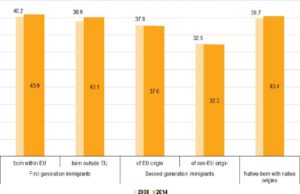 The project comes in the aftermath of the ‘Great Migration’ in the summer of 2015, which heightened awareness of the challenges faced by those trying to reach Europe and exposed the limitations of EU migration policies. The massive influx of people, including asylum seekers and irregular migrants, has underscored the urgency of protecting their rights and ensuring high living standards. The subsequent years witnessed both acts of solidarity and extreme reactions, such as border closures and overcrowded camps.
The project comes in the aftermath of the ‘Great Migration’ in the summer of 2015, which heightened awareness of the challenges faced by those trying to reach Europe and exposed the limitations of EU migration policies. The massive influx of people, including asylum seekers and irregular migrants, has underscored the urgency of protecting their rights and ensuring high living standards. The subsequent years witnessed both acts of solidarity and extreme reactions, such as border closures and overcrowded camps.
Additionally, the EU and Turkey are grappling with long-term economic and demographic changes due to this migration wave. Aging populations, an increasing dependence on highly-skilled jobs, and shifts in anthropogeography are some of the challenges.
The project primarily targets third-country nationals who immigrate to Europe, with a focus on those aged 16 to 25. Eurostat reports a substantial increase in the EU immigrant population between 2008 and 2014, reaching about 55 million in 2014, with 2.7 million immigrants entering the EU from non-EU countries in 2019.
This project aims to address the needs of this young immigrant population and provide them with support and resources for integration into European society.
 The study reveals that 74.3% of first-generation immigrants born outside the EU fall into the core working-age group (25-54), which is younger than both EU citizens and native-born second-generation immigrants. There has been a notable increase in asylum applications within the EU-27, with a significant rise in 2019, marking an increase of 63,700 first-time applicants across the EU-27.
The study reveals that 74.3% of first-generation immigrants born outside the EU fall into the core working-age group (25-54), which is younger than both EU citizens and native-born second-generation immigrants. There has been a notable increase in asylum applications within the EU-27, with a significant rise in 2019, marking an increase of 63,700 first-time applicants across the EU-27.
Asylum applicants across the EU are primarily aged between 18 and 34, making up 77.3% of first-time asylum seekers in 2019. Host countries face the challenge of fostering integration and mutual trust between newcomers and locals while managing the positive and negative effects of migration. This has led to the creation of new structures and services to handle the large influx of migrants, with organizations and practitioners adapting to work with third-country nationals (TCNs), often with limited prior experience.
Furthermore, young TCNs often lack access to official educational structures, face high unemployment rates, and have limited interactions with local peers of their age. According to a survey by the Observatory for Refugees and Migrants of the Municipality of Athens, 54% of respondents believe that refugees probably cannot integrate into Greek society. This underscores the pressing need to address the challenges faced by young TCNs and enhance their integration prospects.
Project staff
USB
Yiannis Tsilsou
General Director & Project Manager
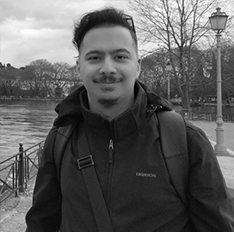
Dimitris Gavridis
Project Manager Assistant,
BAIS
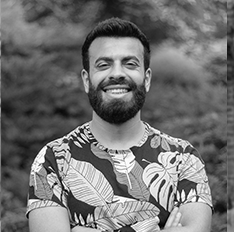
Alaaddine Alrifai
Project Manager
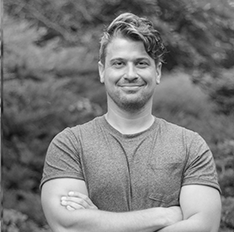
Bence Garamvolgyi
Project Manager
Champions Factory
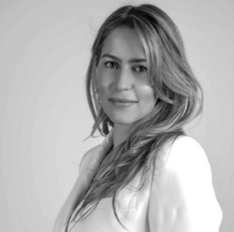
Shirin Amin
General Director of Champions Factory International
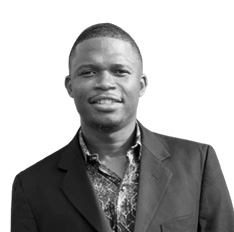
Orlando Mbah
Director of International Cooperation and Project Management
IKOS
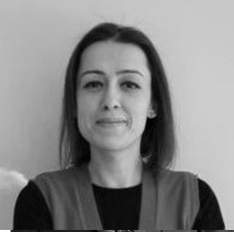
Selcan Erdoğan
Admin Staff

İlknur Dinç
Trainer
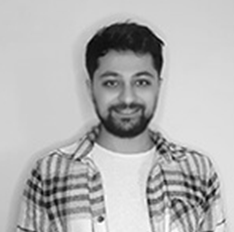
Emre Duman
Technician
L'ORMA
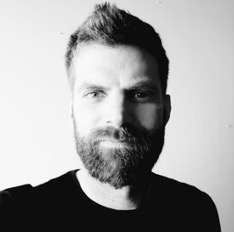
Paolo Menescardi
President
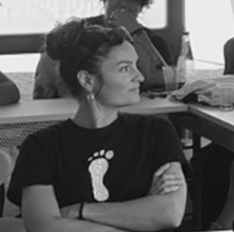
Giulia Mussoni
PM
Association Se Poate
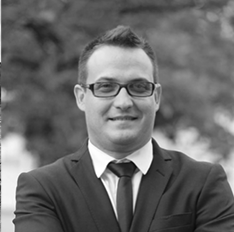
Daniel Enachescu
President of Asociația Se Poate

Melike Ozturk
EU Project Manager
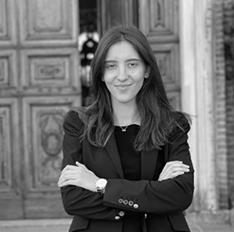
Anamaria Moisa
EU Project Manager & Trainer
